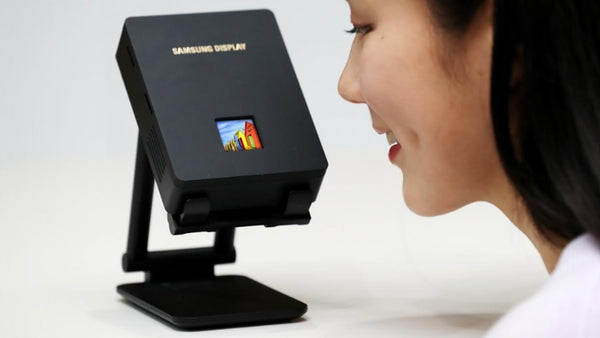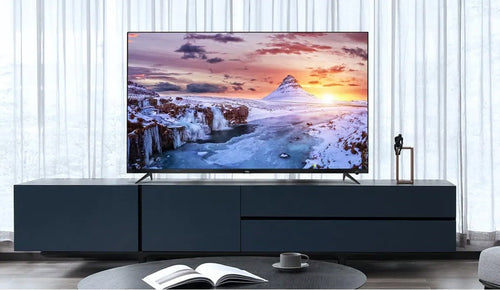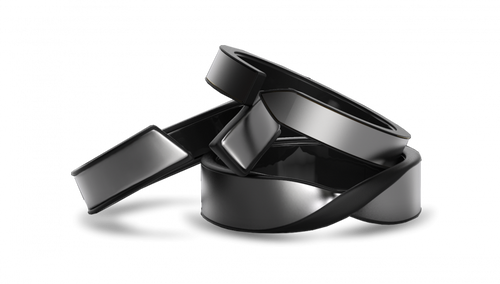Samsung Reveals 3,500ppi OLEDoS Screen For XR Headset

Among Samsung's new offerings at CES 2024 , the company announced brighter QD-OLED panels for TVs and monitors, thinner OLED screens for laptops , as well as foldable, rollable, slider and hybrid screens for cars, phones and tablets. It also revealed a new type of micro display, called OLEDoS (Organic Light Emitting Diode on Silicon), which is expected to be used in XR headsets. This screen is claimed to be the world's first OLEDoS screen with a sub-pixel structure.
Samsung's OLEDoS screen has 3,500ppi pixel density
Quoting GSM Arena, this OLEDoS screen was created by applying organic materials to a silicon wafer. This screen comes with a size of 1.03 inches in square shape, and Samsung promises it has a pixel density of 3,500 ppi.
Samsung did not reveal the resolution of this screen, but a brief explanation circulating predicts that this screen will have a pixel density of around 2,550 x 2,550 pixels. As a reminder, the XR headset will use two of these displays, one on each screen.
Because it doesn't require a separate light source, and is an OLED panel, Samsung promises a natural image from this screen. Unfortunately, Samsung is still keeping information about the refresh rate of this screen a secret, and a number of parties speculate that this screen has a refresh rate of 90Hz.

This screen is made by eMagin, a United States-based OLEDoS screen manufacturer that Samsung acquired several months ago. eMagin is an expert in the production of helmets and goggles with night vision technology for military purposes, and for devices using OLEDoS panels such as XR headsets.
Samsung announcing a new screen generally means that Samsung will use it in at least one of its products in the future, so some people speculate that Samsung is preparing its XR headset.

This is not considered surprising considering that Apple is also taking the CR headset seriously with the Vision Pro which will begin distribution on February 2. The previous announcement of the Qualcomm Snapdragon XR2+ Gen 2 chipset for XR headsets strengthened speculation that the chipset would support Samsung devices.
The device is also expected to use a custom version of Android that Google designed specifically for the XR headset. Previously, Samsung Electronics Co., Ltd. today announced its vision of how artificial intelligence (AI) technology can make people enjoy their devices more intuitively and comfortably than before.
While presenting these ideas at a press conference at CES 2024, Samsung worked closely with key partners to reveal the technology behind this vision and how new products and services using AI capabilities will make life easier.




